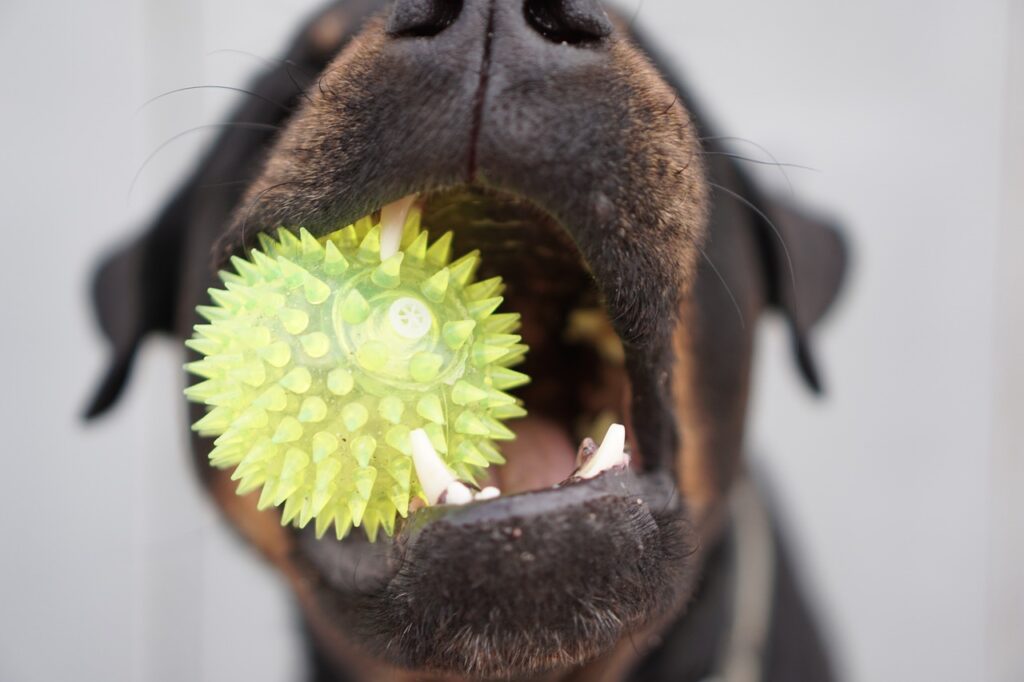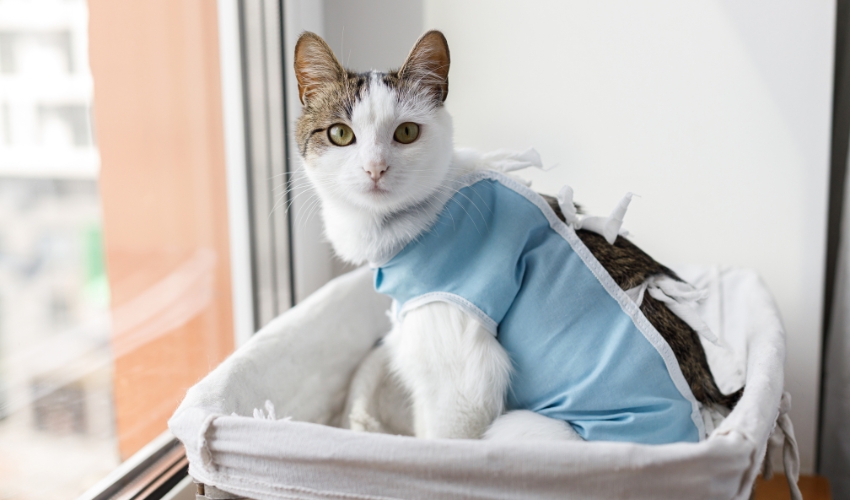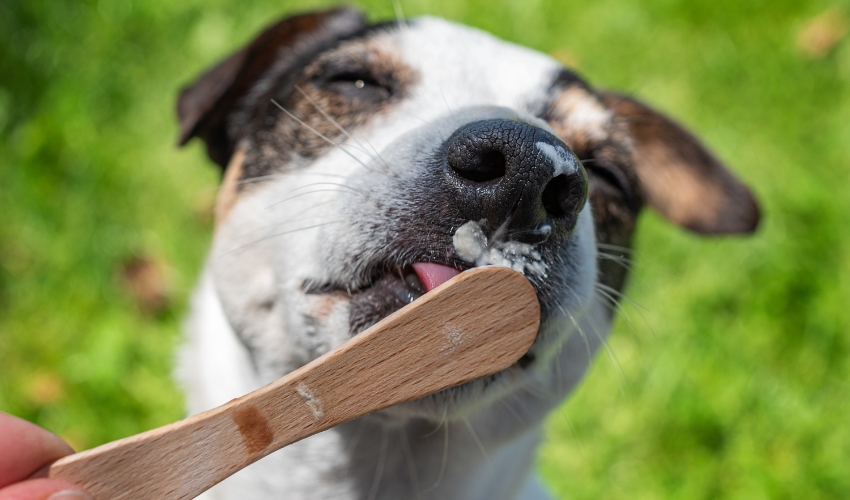A crucial area of veterinary care is foreign body surgery for dogs, which treats a common but potentially fatal condition that affects our animal friends. Due to their innate curiosity and propensity to investigate their surroundings by sucking and ingesting, dogs and cats are more likely to consume things that could get stuck in their digestive systems. These foreign bodies, which can range from socks and toys to bones and household items, have a considerable risk of blockage, puncture, and other dangerous consequences. In this article, we will examine the significance of foreign body surgery for pets, examining the difficulties caused by swallowed foreign items and the indispensable function of veterinary assistance in guaranteeing the health and welfare of our cherished friends.
How can I tell if my dog consumed something foreign?
The majority of animals who have consumed a foreign object will show some of these symptoms:
- Vomiting
- diarrhea pain or tenderness in the abdomen
- reduced hunger (sometimes referred to as anorexia)
- drowsiness
- difficulty passing gas or stool,
- behavioral abnormalities including growling or biting when touched or picked up around the abdomen
How is foreign body in your pets diagnosed?
A physical examination, imaging scans, and occasionally other diagnostic tests are used to diagnose a foreign body in a pet. The common procedures for identifying a foreign body in a pet are as follows:
1, Physical examination: The veterinarian will start by giving the animal a comprehensive physical examination. They will evaluate the general health of the animal, palpate the belly for anomalies or signs of discomfort, and watch for any visible symptoms of gastrointestinal distress, such diarrhea, vomiting, stomach pain, or changes in appetite.
2. History and clinical signs: The veterinarian will ask the pet owner about the pet’s past, including any instances of vomiting, dietary adjustments, or unusual behavior. They will also ask about any recent dietary adjustments or unexpected substance ingestion, as well as the pet’s access to any suspected foreign objects.
3. Imaging tests: The veterinarian may suggest imaging scans to confirm the diagnosis and find the foreign object within the digestive tract if the physical examination and history raise suspicions of a foreign body. When diagnosing foreign things in pets, common imaging methods include:
- X-rays, often known as radiographs, can reveal important details regarding the location, size, and form of a foreign body inside the digestive system. Signs of blockage, including fluid buildup or gas distension, can also be seen on radiographs.
- Ultrasound: Particularly useful for less radiopaque or deeper abdominal tissues, ultrasound imaging can be utilized to identify foreign bodies and view the gastrointestinal tract in real-time. When evaluating soft tissue structures and looking for consequences like inflammation or intestinal perforation, ultrasound is especially helpful.
4. Blood testing: To monitor the general health of the pet and look for indications of infection, inflammation, or organ failure, blood tests may be advised in certain situations. Blood testing can help inform treatment decisions and provide important information about the metabolic health of the pet.
Veterinarians can accurately diagnose foreign bodies in pets and create treatment programs that address the underlying problem and protect the pet’s health and well-being by combining physical examination, imaging studies, and other diagnostic testing as needed.

What are the risks and complications of foreign body surgery on your pets?
When a pet has a potentially fatal gastrointestinal tract obstruction, foreign body surgery is an essential step. All surgical interventions carry certain inherent hazards, even though they are typically regarded as safe and effective procedures. Pets undergoing foreign body surgery may be at risk for the following complications:
- Surgical Complications: The degree of the obstruction’s harm, your pet’s general health, and the complexity of the surgery required to repair the damage will all affect the risks involved with removing a foreign body. Even while the procedure can save lives, removing a foreign body is more risky than standard surgery and is not minimally invasive. Sepsis from injured intestinal tissue during or after surgery carries a slight but potential danger. Additionally, there’s a chance that the incisions made during surgery into the belly or intestines will dehisce, or open up, due to issues including failed sutures, damaged intestines that can’t retain the sutures, or excessive activity by your pet after the procedure.
- Risks linked with anesthesia: Anesthesia is necessary for foreign body surgery, and there is always a chance of complications, such as adverse responses, respiratory depression, cardiovascular instability, and fatality from anesthesia-related causes. Modern monitoring methods and anesthetic regimens, however, assist reduce these dangers, and veterinarians take care to guarantee the pet’s safety throughout the surgical operation.
- Post-operative complications: Pain, discomfort, nausea, vomiting, diarrhea, and ileus (reduced intestinal motility) are among the side effects that pets may encounter following foreign body surgery. To promote appropriate healing and recovery, these problems may necessitate extra drugs, supportive care, and monitoring. When under anesthesia or undergoing surgery, pets may occasionally breathe in stomach contents, which can lead to issues including aspiration pneumonia.
- Systemic complications: Multiple organ dysfunction syndrome (MODS), sepsis, shock, dehydration, and electrolyte abnormalities can all result from a severe or protracted gastrointestinal blockage. These systemic problems necessitate supportive care as well as rigorous medical management since they may be fatal.
These systemic problems necessitate supportive care as well as rigorous medical management since they may be fatal. By taking these precautions and addressing potential complications promptly, veterinarians can optimize the outcome and ensure the best possible recovery for pets undergoing foreign body surgery.












